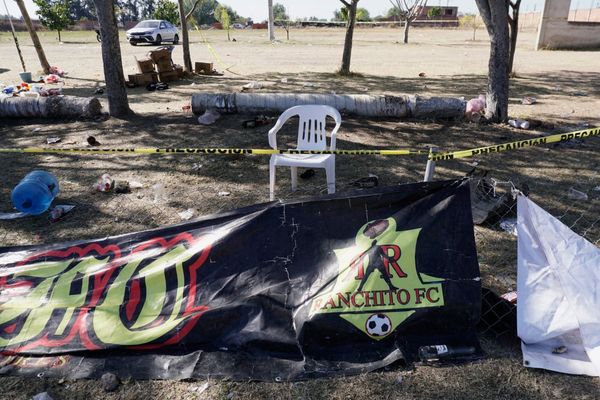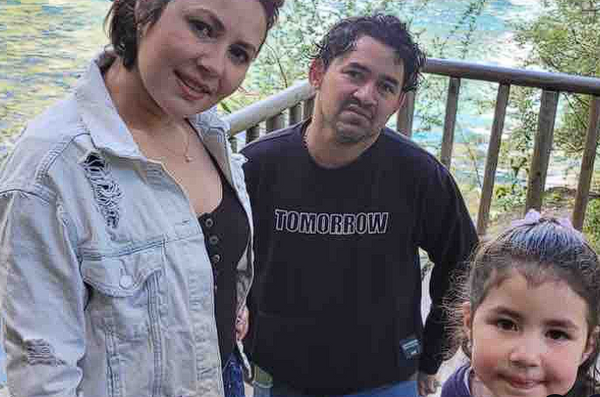
Content warning: This article contains graphic descriptions of sexual assault and murder. Please take care while reading.
The California Board of Parole Hearings recently rescinded its grant of parole for Leslie Closner, a man convicted in 1988 of the brutal murder, necrophilic rape, and partial cannibalization of his girlfriend, Jan Ferguson.
Held on a 25‑to‑life sentence, Closner’s latest bid for release was denied, with the Sutter County District Attorney’s Office affirming its determination that he remains a danger to the public.
A violent motel room frenzy
On October 16, 1987, Closner checked into a motel room with his girlfriend, Jan Ferguson, ahead of her daughter’s wedding. During a violent altercation, he shoved Ferguson onto the floor and strangled her to death.
Closner sexually assaulted Ferguson’s corpse twice, attempted mouth-to-mouth resuscitation, then bit off body parts and swallowed them before fleeing the scene, only to return through a window to retrieve his wallet two days before turning himself in to Oregon authorities.
Psychological red flags
Closner’s violence wasn’t limited to this incident. He had a documented history of physical and emotional abuse directed toward Ferguson over their five-year relationship, including an attempt to strangle his ex-wife, who eventually obtained a restraining order.
Psychological assessments revealed a disturbing fixation on his mother, with reports that he became aroused while seeing her undressed, and spoke of her “with anger and sometimes with a lustful voice.”
Parole hearings and insight Issues
Despite demonstrating a clean disciplinary record in prison and taking part in self-help programs like Alcoholics and Narcotics Anonymous, Closner’s parole advocates say his efforts are overshadowed by his failure to grasp the gravity of his actions.
He told the Board that unresolved childhood trauma and a complex relationship with his mother influenced his violent behavior, but seemed not to understand the extent of his depravity, particularly in sexually motivated violence.
Former California Governor Jerry Brown denied Closner ‘s parole in 2018, citing Closner’s violent tendencies and the risk he poses to society.
Closner will remain behind bars
Closner’s parole denial stemmed from a disturbing combination of factors. His crime involved extreme violence, including murder, necrophilia, mutilation, and acts of cannibalism, making it one of the most gruesome cases in California history.
He also had a documented pattern of abusive behavior toward romantic partners, marked by obsessive control and repeated assaults. Psychologically, Closner continues to show signs of unresolved mental health issues and a troubling lack of personal accountability. Most concerning to parole officials, though, is the belief that his dangerous impulses remain unresolved, posing an ongoing threat to public safety.
Under California law, Closner could be scheduled for future parole reviews, but given his continuous threat profile, denials are likely. This case remains one of the most disturbing in California’s criminal history—and a stark reminder of the state’s commitment to public safety over second chances.







